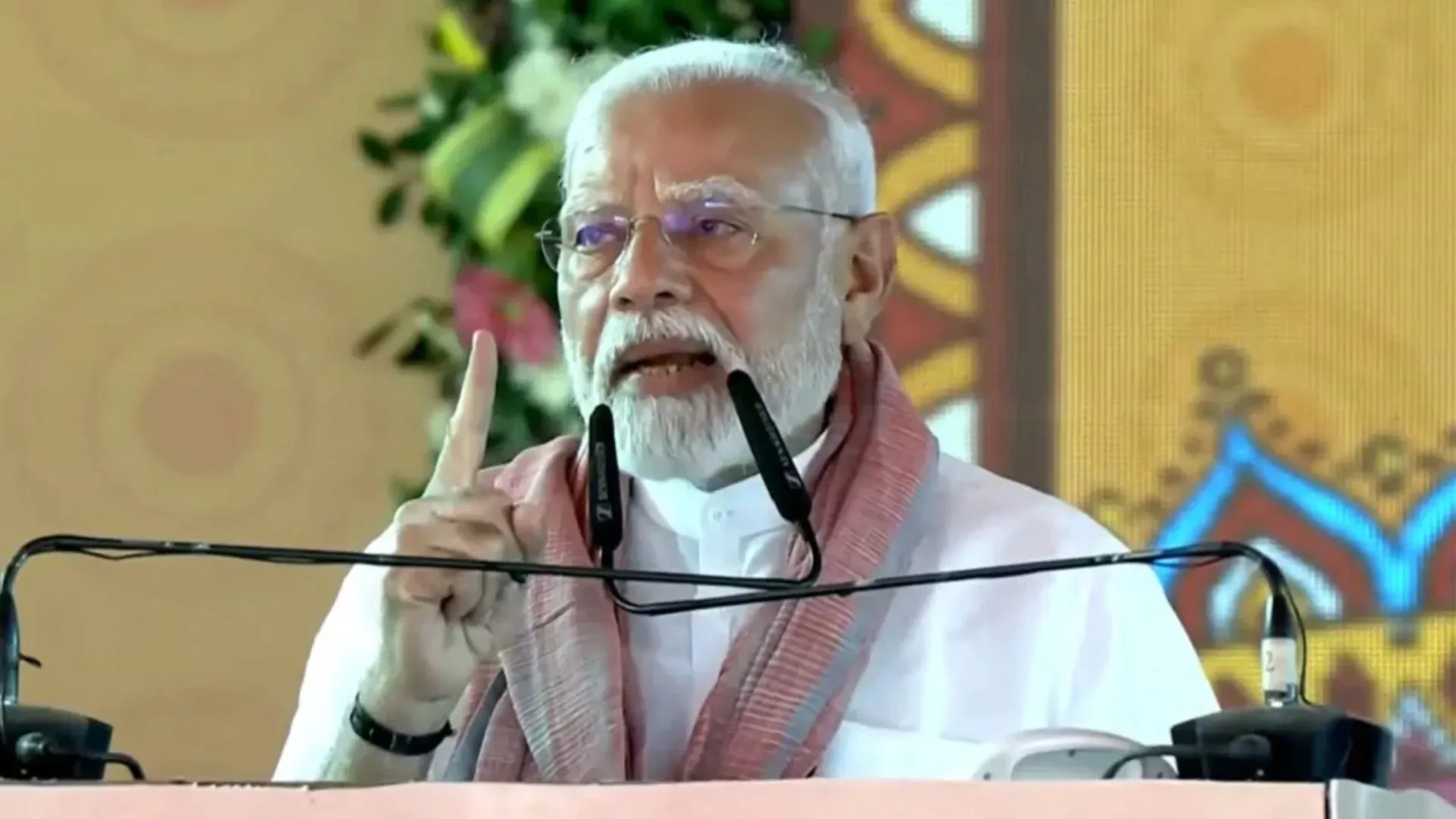In a landmark ruling, the Rajasthan High Court has directed government authorities to introduce a mandatory live-in relationship agreement, aimed at providing legal structure to such unions. The decision comes amid growing concerns over the rights and responsibilities of individuals in live-in relationships, particularly concerning maintenance, child welfare, and the protection of vulnerable parties.
Justice Anoop Kumar Dhand passed the order, requiring couples to draft and register an agreement that includes essential details such as the maintenance provisions for a non-earning female partner and arrangements for children born out of the relationship. The agreement will outline both partners’ responsibilities for the upbringing, education, and healthcare of their children, with particular emphasis on the male partner’s financial obligations.
The Court further instructed that a specialized authority should be established in each district to manage the registration of live-in relationships, ensuring that grievances are addressed and redressed. The authority will be tasked with creating a platform, potentially a website or web portal, for couples to resolve any issues that may arise.
This ruling is seen as a step toward formalizing live-in relationships, an area still lacking comprehensive legal recognition despite recognition from the Supreme Court. The Court acknowledged the challenges faced by individuals, particularly women and children, in such relationships. It noted that many female partners and children in live-in unions often suffer from social stigmatization, lack of support, and financial insecurity.
The Court also highlighted the increasing number of petitions filed by couples in live-in relationships seeking police protection against threats from their families and societal pressures. It underscored the need for a dedicated law that would safeguard the rights of female partners and children in such arrangements.
In its order, the Court emphasized that while live-in relationships have been legally recognized, they are still not universally accepted by society. The Court encouraged both the central and state governments to consider introducing legislation that would provide legal protection to couples in live-in relationships, similar to the framework laid out in Uttarakhand’s Uniform Civil Code.
The ruling also referred to a series of petitions filed by individuals in live-in relationships seeking protection, especially in cases where one or both partners were already married to other individuals. The question of whether individuals in such unions, particularly where either or both partners are married, should be granted legal protection was raised, with the Court noting that there have been differing opinions on the matter across various judicial bodies.
The Court ultimately decided to refer the case to a larger bench to resolve these legal inconsistencies. This order signals the Court’s recognition of the need for a clearer, more comprehensive legal framework to address the complexities of live-in relationships in modern India.
Also Read: Maha Kumbh Stampede: 30 Dead, 60 Injured At Midnight, Confirms Kumbh DIG























